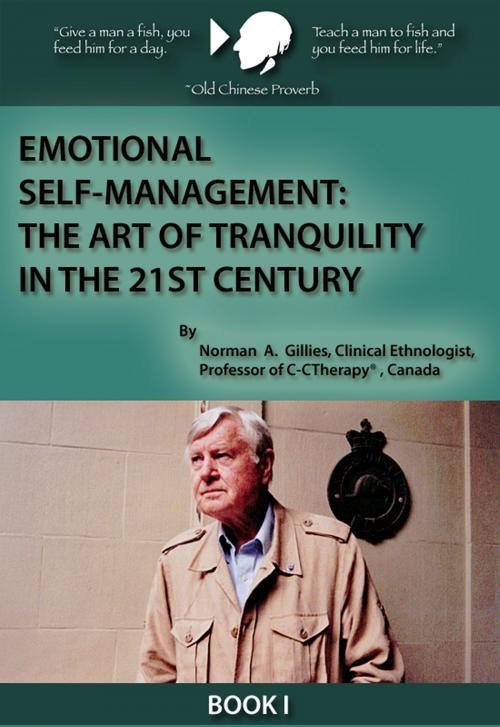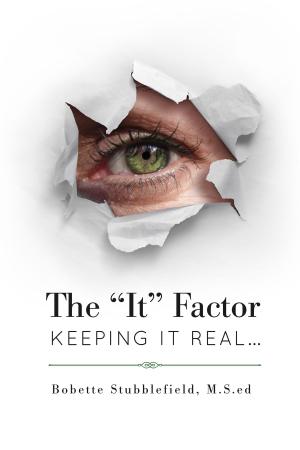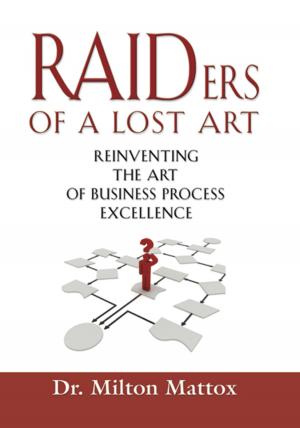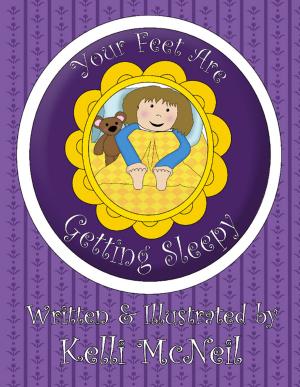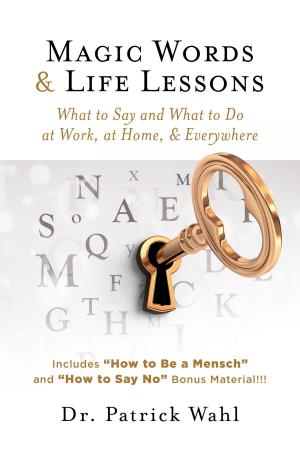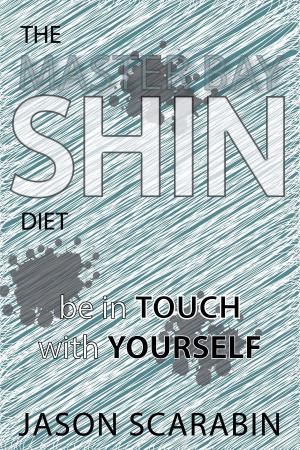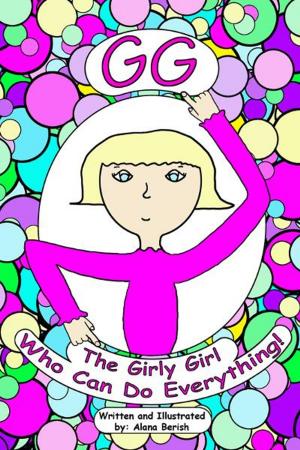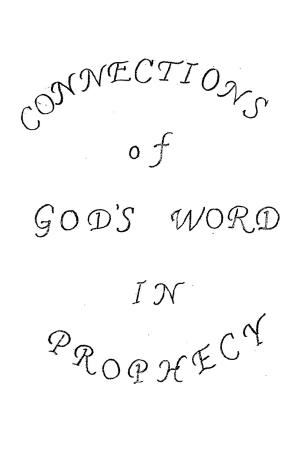Emotional Self-Management: The Art of Tranquility in the 21st Century
Nonfiction, Health & Well Being, Self Help, Self Improvement, Stress Management| Author: | Norman A. Gillies | ISBN: | 9781623096281 |
| Publisher: | BookBaby | Publication: | August 1, 2012 |
| Imprint: | Language: | English |
| Author: | Norman A. Gillies |
| ISBN: | 9781623096281 |
| Publisher: | BookBaby |
| Publication: | August 1, 2012 |
| Imprint: | |
| Language: | English |
"Just think differently and you'll get better," preaches the COGNITIVE therapy movement. These therapies don't work long-term and here's WHY: Cognitive therapies follow a physical DISEASE treatment design imposed by these medical steps: (1.) track down the cause of the pain or upset, (2.) eliminate its source, either through surgery or drugs. Physical medicine treats each pain or upset with the procedure of elimination. Physical medicine follows the practice that a diseased gall bladder requires surgery and beriberi requires vitamin therapy. The ultimate aim is to eliminate the diseased item -- the diseased gall bladder or the beriberi condition. Mental health, however, is not a diseased gall bladder nor the malady beriberi. Therefore, mental health treatment cannot be approached as a physical medicine issue. Eliminating the source of one's mental upset, in the manner of disease treatment, would require one to get rid, literally, of one's functioning mentality. How can that be achieved? It can't, and herein lies the flaw in the mental health industry's treatment approach: Drugs decommission the insistent, demanding "thought-voices" (negative directives) of the patient. But these same drugs create their own illness -- TARDIVE DEMENTIA. The inadequacy of shock therapy and drugs therapy has been well documented by Peter Breggin, MD, in Toxic Psychiatry published in 1991 by St. Martin's Press. Breggin is not the only clinician to speak out about the brain damage which drugs and shock therapy cause. John Friedberg's book, Shock Treatment is Not Good For Your Brain, published in 1976, was the basis for Breggin's work. Both MDs agree that drugs and shock do modify the patient's behavior. But this modification is short-lived and acquired at great personal cost to the patient. The long-term solution to mental health problems is not drugs, nor is it the "search and destroy" design of COGNITIVE medical-model therapy. Nor is it the sociable Worker who counsels with advice or spirituality. While advice-giving may comfort the patient -- as does a tea-party -- it does not provide the patient with the long-term capacity to manage his/her negative emotions. The solution is EMOTIONAL SELF-MANAGEMENT. Readers can understand the schematic of EMOTIONAL SELF-MANAGEMENT because there is no psychobabble and no "I've got the truth" philosophizing. Contrast this self-reliance approach with that of cognitive therapy -- sitting around talking to an "expert" about mental anguish. EMOTIONAL SELF-MANAGEMENT satisfies the needs of patients who have been crying out since the 17th century for mental relief, unable to obtain it. From my experience treating aberrant human behavior in the Canadian provinces of British Columbia, Saskatchewan and Ontario, beginning in 1958, emerged the groundwork for Counter-Conditioning Therapy (C-CTherapy®). C-CTherapy® teaches the patient an emotional self-management skill, an approach unprecedented in the mental health field. Since 1975, in the San Francisco Bay area, I have applied this NON-COUNSELLING psychotherapy in my practice at the Center for Counter- Conditioning Therapy®. The Center's research, the basis for this book, was amassed over three decades in the practice field of aberrant human behavior. However, the Center's research findings have been assailed by the vested interests and the fictional concepts of Counselling and Drugs therapy, all promoted by the Medical-Psychological mental health industry. Consequently, it was not until the recent posting of the Center's Website that the world acquired a window on the curative alternative to counselling maintenance programs. The Center, Center for Counter-Conditioning Therapy®, received its trademark in 1981 as a non-disease mental health clinic. This unique duo -- the mental health clinic and the unified, NON-COGNITIVE psychotherapy -- combine to create a mental health design for the 21st century. Hence, EMOTIONAL SELF-MANAGEMENT, the book.
"Just think differently and you'll get better," preaches the COGNITIVE therapy movement. These therapies don't work long-term and here's WHY: Cognitive therapies follow a physical DISEASE treatment design imposed by these medical steps: (1.) track down the cause of the pain or upset, (2.) eliminate its source, either through surgery or drugs. Physical medicine treats each pain or upset with the procedure of elimination. Physical medicine follows the practice that a diseased gall bladder requires surgery and beriberi requires vitamin therapy. The ultimate aim is to eliminate the diseased item -- the diseased gall bladder or the beriberi condition. Mental health, however, is not a diseased gall bladder nor the malady beriberi. Therefore, mental health treatment cannot be approached as a physical medicine issue. Eliminating the source of one's mental upset, in the manner of disease treatment, would require one to get rid, literally, of one's functioning mentality. How can that be achieved? It can't, and herein lies the flaw in the mental health industry's treatment approach: Drugs decommission the insistent, demanding "thought-voices" (negative directives) of the patient. But these same drugs create their own illness -- TARDIVE DEMENTIA. The inadequacy of shock therapy and drugs therapy has been well documented by Peter Breggin, MD, in Toxic Psychiatry published in 1991 by St. Martin's Press. Breggin is not the only clinician to speak out about the brain damage which drugs and shock therapy cause. John Friedberg's book, Shock Treatment is Not Good For Your Brain, published in 1976, was the basis for Breggin's work. Both MDs agree that drugs and shock do modify the patient's behavior. But this modification is short-lived and acquired at great personal cost to the patient. The long-term solution to mental health problems is not drugs, nor is it the "search and destroy" design of COGNITIVE medical-model therapy. Nor is it the sociable Worker who counsels with advice or spirituality. While advice-giving may comfort the patient -- as does a tea-party -- it does not provide the patient with the long-term capacity to manage his/her negative emotions. The solution is EMOTIONAL SELF-MANAGEMENT. Readers can understand the schematic of EMOTIONAL SELF-MANAGEMENT because there is no psychobabble and no "I've got the truth" philosophizing. Contrast this self-reliance approach with that of cognitive therapy -- sitting around talking to an "expert" about mental anguish. EMOTIONAL SELF-MANAGEMENT satisfies the needs of patients who have been crying out since the 17th century for mental relief, unable to obtain it. From my experience treating aberrant human behavior in the Canadian provinces of British Columbia, Saskatchewan and Ontario, beginning in 1958, emerged the groundwork for Counter-Conditioning Therapy (C-CTherapy®). C-CTherapy® teaches the patient an emotional self-management skill, an approach unprecedented in the mental health field. Since 1975, in the San Francisco Bay area, I have applied this NON-COUNSELLING psychotherapy in my practice at the Center for Counter- Conditioning Therapy®. The Center's research, the basis for this book, was amassed over three decades in the practice field of aberrant human behavior. However, the Center's research findings have been assailed by the vested interests and the fictional concepts of Counselling and Drugs therapy, all promoted by the Medical-Psychological mental health industry. Consequently, it was not until the recent posting of the Center's Website that the world acquired a window on the curative alternative to counselling maintenance programs. The Center, Center for Counter-Conditioning Therapy®, received its trademark in 1981 as a non-disease mental health clinic. This unique duo -- the mental health clinic and the unified, NON-COGNITIVE psychotherapy -- combine to create a mental health design for the 21st century. Hence, EMOTIONAL SELF-MANAGEMENT, the book.
